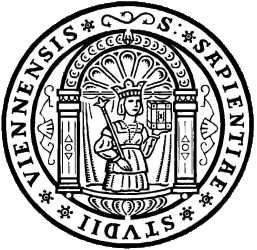Most academic and business curricula offer a good training in analytical thinking, critical thinking, planning, or making predictions. Although these skills are somehow concerned with “future issues”, they are implicitly or explicitly based on the assumption that the status-quo and/or on extrapolating past experiences or trends into the future can predict the future. However, our current world is highly unpredictable and follows an exponential dynamic leading to a high level of uncertainty (“VUCA world”). It can be shown that these classic tools simply do not work any longer in such an environment. Riel Miller at al. introduces the concept of futures literacy as a discipline of anticipation, which can be trained and refined to establish familiarity with the unfamiliar and with an unknown and uncertain future. This article develops this discipline and shows why it is key for any business and innovation process having the aspiration to shape the future in a thriving manner.
See also R.Millers (open source) book on “Transforming the future” https://unesdoc.unesco.org/ark:/48223/pf0000264644

